Robin Williams: Could the Enneagram Have Made a Difference?
by David Banner, Ph.D. and David Daniels, M.D.
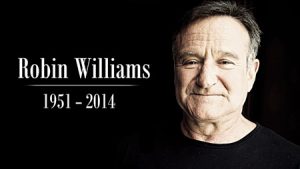 The remarkable actor, comedian, and humanist Robin Williams, who left us too soon, was likely an Enneagram Type 7*[1], the type that comes to believe that to assure a good and satisfying life you must keep life expansive, upbeat, and flowing. It’s a type structure that believes that life should not be restrictive or limited by suffering and agony in a world that underneath you experience causes pain, distress, and frightening restrictions. Similar to 7s in general, Robin’s attention likely focused on positive options and opportunities so that he wouldn’t get trapped in pain and suffering. He probably became a glutton for new experiences and adventures. In reading biographic material about Robin, we can see how he tended to stay stimulated with ideas and adventures and avoided sad or painful feelings, even though these feelings were lurking below the surface and, of course in time, surfaced.
The remarkable actor, comedian, and humanist Robin Williams, who left us too soon, was likely an Enneagram Type 7*[1], the type that comes to believe that to assure a good and satisfying life you must keep life expansive, upbeat, and flowing. It’s a type structure that believes that life should not be restrictive or limited by suffering and agony in a world that underneath you experience causes pain, distress, and frightening restrictions. Similar to 7s in general, Robin’s attention likely focused on positive options and opportunities so that he wouldn’t get trapped in pain and suffering. He probably became a glutton for new experiences and adventures. In reading biographic material about Robin, we can see how he tended to stay stimulated with ideas and adventures and avoided sad or painful feelings, even though these feelings were lurking below the surface and, of course in time, surfaced.
Robin was able to manifest a depth of feeling, a longing for wholeness and acceptance, and the welcoming of all possibility in his movies. Depth was a core part of his roles, including his characters in “Good Will Hunting” and “Dead Poets Society.” This “darker side” seemed to lurk within him, but perhaps without his acceptance. He likely feared sinking into darkness and suffering. In his relationships, he would have most likely been optimistic, possibility-oriented, pleasure-seeking, and adventurous in an effort to avoid limitation and suffering. But, at times, he may have also expressed preoccupation, longing, deep distress, and moodiness.
Robin likely would have hindered his relationships by being pain-avoidant, extravagant, and fast-moving, which sometimes alternated with longing and even depression over what was lacking and missing. We believe Robin probably had strong connections to Enneagram Type 4, the Romantic/Individualist and also to Type 1, the Perfectionist/Reformer with the judging mind which raises havoc when high standards are not met. In terms of the Harmony Triads, where each triad is composed of three Enneagram points, one from each of the three centers of intelligence, Robin’s harmonic triad was most likely the 7-4-1. This triad is also know as the idealistic triad.
Shortly after Robin’s passing, David Banner sent this message to me, David Daniels,
…So sad about Robin Williams, so clearly an unredeemed Type 7. He HAD to be joyful to mask his deep wounding. As a 7, I know this compulsion well; that is why I KNEW I needed to do shadow work, no matter how uncomfortable it made me. I am so thankful I made myself do that deep work. Had I not done it, I could have gone the way of Robin. I suspect all 7’s with deep trauma from their childhoods mask it with their need to be joyful.”
Getting to the inhibiting central type-based beliefs and avoidances, i.e., the shadows, is the incisive work that the Enneagram brings to the path of liberation and wholeness. We need to be able to do the work embedded in the Universal Growth Process, which is a practice that fosters grounded, receptive presence combined with non-judgmentalness and an appreciation for what we are and how we feel. Doing the action step of deep inquiry allows us to learn and discern what our deeply embedded, self-sabotaging central beliefs are. It’s only when we understand them that we can do the work of releasing them.
However, Robin was treated as suffering from the “disease” of depression. Here is what Dr. Ken Duckworth, Medical Director of the National Alliance on Mental Illness had to say:
Like many of you, when I first heard the news about Robin Williams’ death, I felt a great sense of disbelief. As an entertainer, he transcended generations and genres to delight and inspire millions of people. He devoted his life to bringing joy and laughter to others, so it’s no surprise that he touched so many people so profoundly. Like so many, I was surprised at how much of an effect his loss had on me. I remember watching Robin with my children. He was a welcome and familiar face whose almost child-like enthusiasm connected with all of us. He brought compassion and humanity to his dramatic roles — his portrayal of a psychiatrist in “Good Will Hunting” is my all-time favorite. As someone who gave so much of himself to others, Robin struggled privately with addiction and severe depression, which can distort your thinking and make a period of depression feel endless.”
Sadly, the medications he took for depression never cured Robin since they never succeeded to unearth his central issues, internal concerns, and self-defeating beliefs.
Robin, if indeed in the Harmony Triad of 7-4-1, could have done the work that David Banner stated above, and if so, it is likely that he would have been liberated from the trap of believing suffering would have sunk him out of sight. Paradoxically, giving him a depression-disease diagnosis along with his own embedded fear perhaps of doing the deeper shadow work resulted in endless depression and eventually, the loss of hope. In contrast, Enneagram work creates the freedom that comes when we release ingrained, defensiveness around fundamental belief patterns.
Again, as David Banner put it, “I needed to do shadow work, no matter how uncomfortable it made me.” Of course, working with the issues embedded in Robin’s most-likely strong connection to the deep feelings of Type 4, the ultimate idealist, and the judging, critical mind of Type 1 would have supplemented the inner work of his core at Type 7.
Whoever worked with him would have needed to help him accept all of himself – his joys, delights, and depth of experience as well as his pain, distress, and self-criticism.
[1]*Acknowledging that Type 7 is our best estimate of Robin’s driving type, as we can not conclusively type a person based on outward assumptions.
7 Responses to “Losing Robin Williams Type
7 4 1 Triad”

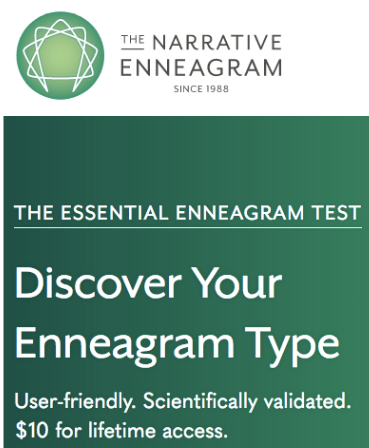

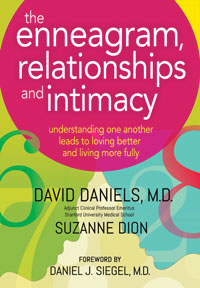
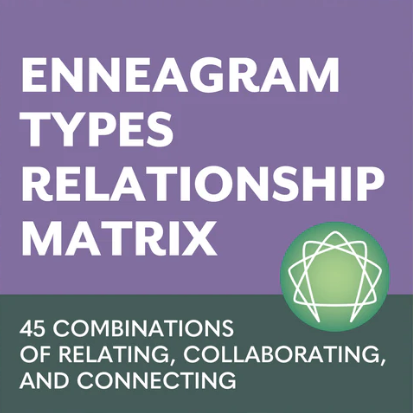
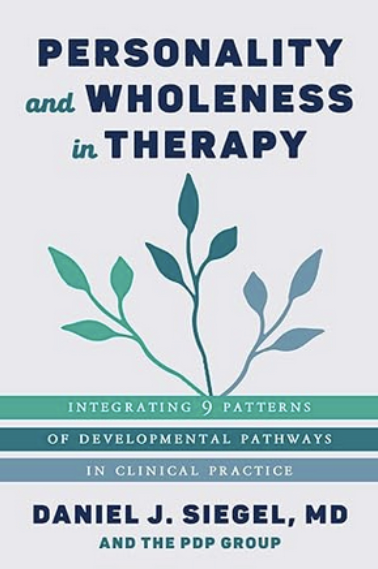
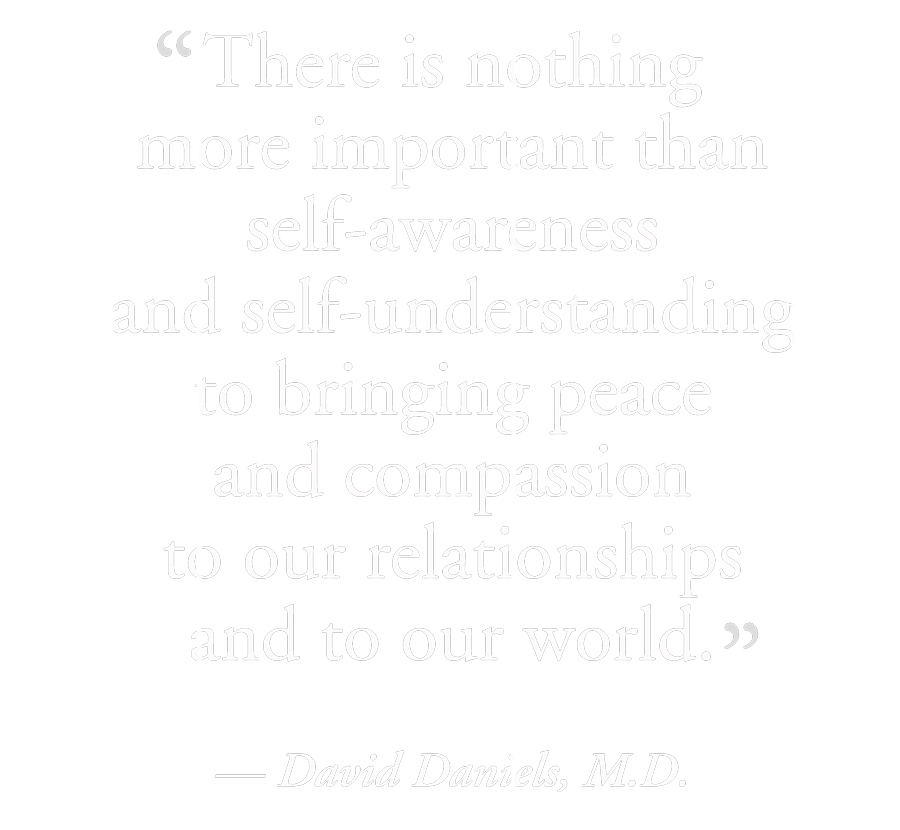
I was looking for something I’ve heard you say several times about Type 9s being the most powerful type structure on the Enneagram and came upon these observations about Robin Williams. As a Type 4 with a very strong link to Types 7 and 1, I was incredibly moved by Robin’s choice to end his life. I know that feeling so well, of believing that one has to “hold the world up” with lightness and messages of hope and optimism, while feeling the pain underneath it all. It’s such a strange combination, but I know it well. As a Type 4, I can live in the sorrow more easily, but my mind is often driven to seeking options that have that quality of making my world a better place to live, endlessly restless and scheming about how to make it happen. There’s also a sense that it’s my ‘job’ to do this. I wonder if Robin’s ‘job’ to entertain the world, coupled with his depth of awareness around the suffering he was trying to alleviate, became just too much. I can also see how drugs would surely turn on him, and that embracing the shadows of 7-4-1 could have eased the pressure. I’m so very sorry that the world lost him.
Thanks so for this thoughtful commentary. It feels right on. And as to Type 9 being the strongest type on the Enneagram,
it has to do with anger in the form of stubbornness over what the 9 is not willing to do. Type 9s don’t recognize this readily because they want to go along with others to get along. But when they can’t, this powerful stubbornness comes up as their way of saying no, or of having their separate self.
Hi Type Four, I don’t think that Robin knew his type. He didn’t have the equnimity that comes with knowing all you are not what you are not. The ultimate idealist Four focuses on what is lacking or missing and we can always find something, all of us. So for type Four getting centered and grounded and going to all you are makes a huge difference. Warm regards, David
Just an added comment: While Robin’s role appeared to be that of a type 5 character for this particular movie, I still noticed his own personal 7-4-1 triad, probably because I was actively looking for it.
Of course good actors can adopt different styles/patterns. And the film writer does not have to hold anyone in a particular type. Some just can’t do this.
“The human spirit is more powerful than any drug, and that is what needs to be nourished,” declared Robin Williams, while playing the role of a research psychiatrist in the movie, “Awakenings”.
In this performance, Robin captured the depth of feelings of type 4, which has made this a touching story. As a self-preservation type 5, I was curious to learn some science and true facts that were included in this story. Surprisingly, instead, I became enthralled by Robin’s ability to demonstrate his own powerful human spirit and strength, while he immersed himself with a potential cure for the suffering patients.
His spirit was captivating in this movie, most likely energized with the zeal of his 7, the work ethic of his 1, and the inner feelings of his 4 that seemed natural, apparent, and powerful.
For this reason, yes, I do think that the Enneagram could have helped Robin, because it offers first, an acceptance of self, which is a pleasant place to begin the shadow work. I think he would have acquired and maintained enthusiasm for greater happiness and a peace of mind, which he richly deserved.
Thank you for this comment. Yes I too believe the Enneagram could have really helped Robin. The Seven part of him didn’t want the world to know of his suffering and he was concern, I believe, that he could face it and heal.